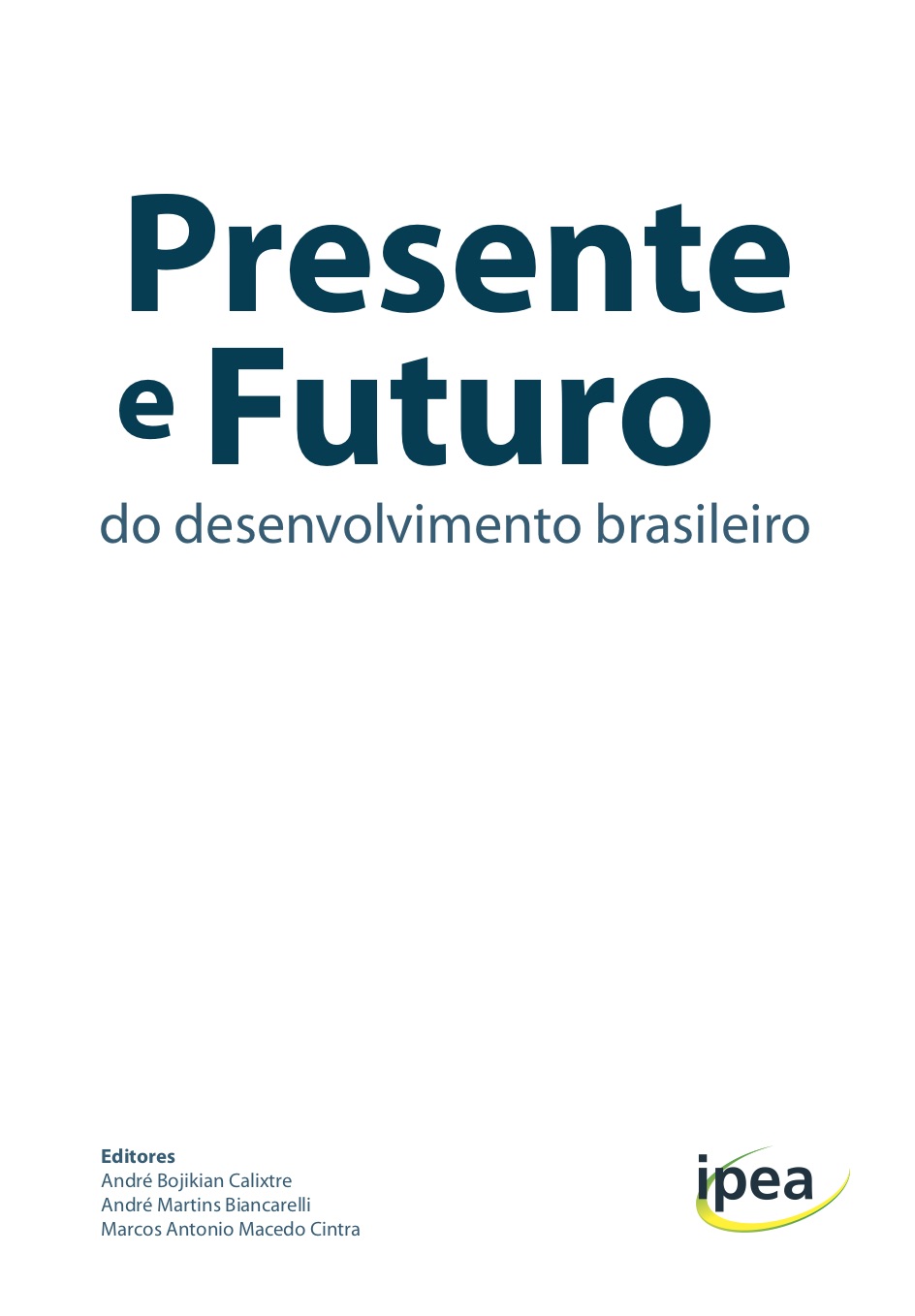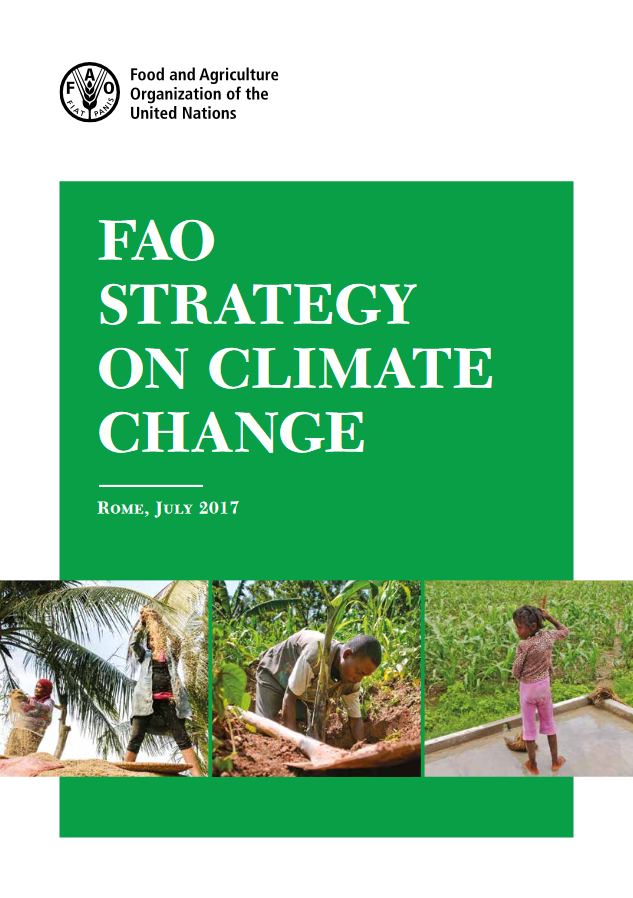FAO Strategy on Climate Change
"There is no peace without tackling food security and eliminating hunger and there will be no food without tackling climate change.” A couple of days ago, the UN Food and Agriculture Organization (FAO) has published a new and all-encompassing framework on climate change. The organization acknowledges the enormous threats posed by climate change, and outlines how it will tackle environmental changes in the future.
René Dumont revisité et les politiques agricoles africaines
En 1962, René Dumont publiait L’ Afrique noire est mal partie. Ce livre, qui concernait essentiellement l’Afrique de l’Ouest, fit scandale à l’époque car il intervenait au lendemain des indépendances des colonies européennes, à un moment où les jeunes États africains pouvaient espérer un développement prometteur.
Protecting our planet, securing our future: Linkages among global environmental issues and human needs
Drawing on a wide variety of international scientific and technical assessments and policy reports, this comprehensive study depicts the linkages - both physical and biochemical - between important environmental issues.
It also discusses how interlinked, global environmental issues can be confronted in an integrated manner and how such issues influence our ability to meet basic human needs. See also trends, causes, social and economic consequences, technologies, policies and measures to mitigate desertification and land degradation.
Mapping Together: A Guide to Monitoring Forest and Landscape Restoration Using Collect Earth Mapathons
Mapping Together helps people use Collect Earth mapathons to monitor tree-based restoration. Collect Earth enables users to create precise data that can show where trees are growing outside the forest across farms, pasture, and urban areas and how the landscape has changed over time. Building on WRI and FAO’s Road to Restoration, a guide that helps people make tough choices and set realistic goals for restoring landscapes, Mapping Together takes this process one step further.
Scramble for Land Rights: Reducing Inequity between Communities and Companies
Community land, crucial to rural livelihood around the world, is increasingly targeted by commercial interests. Its loss can lead to environmental degradation, increased rural poverty and land disputes that last for years. Without formal legal recognition of their land rights, communities struggle to protect their land from being allocated to outside investors.
Global Sustainable Development Report 2019: The Future is Now – Science for Achieving Sustainable Development
A call to action: 20 interventions that will matter. The report’s Call to Action identifies 20 points where interventions can create transformative and accelerated progress towards multiple goals and targets in the coming decade. These targeted actions are based on the recent scientific literature analysing the deeper systemic interconnections that identify synergies and trade-offs between individual goals and targets. Decisions based on science. Science must play a major role in advancing sustainable development.
Securing Africa’s land for shared prosperity: A program to scale up reforms and investments
Few development challenges in Africa are as pressing and controversial as land ownership and its persistent gap between rich and poor communities. With a profound demographic shift in Africa from rural areas to the cities where half of all Africans will live by 2050, these gaps will become steadily more pronounced as governments and communities rise to the challenge of growing enough aff ordable nutritious food for all families to thrive on the continent. In some countries in the region, these gaps—allied as they are with high
Environmental sustainability for human well-being in the Post-2015 development agenda
A new post-2015 development agenda demands a new vision and a responsive framework with
Land Restoration for Achieving the Sustainable Development Goals: An International Resource Panel Think Piece.
Land restoration has tremendous potential to help the world limit climate change and achieve its aims for sustainable development. In its latest study, the International Resource Panel finds positive spin-offs to support all 17 Sustainable Development Goals agreed to by the world’s nations as part of the 2030 Agenda for Sustainable Development. While other reports have focused on a subset of the SDGs, this report has intentionally considered all of them, and has done so by inviting a large number of diverse authors to participate in the process.
New Times, New Opportunities: Grasping the future with the world's youngest population in the Sahel.
The support plan for the Sahel is a regional approach to collectively address the root causes of disruptions such as poverty, migration and youth unemployment, climate change, insecurity, governance and institutional issues in the region. In this report an overview of the current situation for each of the priority areas of the UN Support Plan is presented to demonstrate that the full implementation of the plan could utilize an existing momentum of development not seen in decades in the Sahel.
The Great Green Wall Initiative: 2011-2017 Achievements and Challenges to the 2030 Path. Special edition
The current context in the Sahel-Saharan Band is clearly dominated by recurrent issues of desertification, land degradation and climate change.



